eWaste recycling chain
Opportunities and challenges
A climate-neutral economy by 2050? TRICAS fully supports this European objective. Although the sustainable transition consists in part of laws and regulations, we also see opportunities for companies that are interested in realising their sustainability goals.
But to do this, it’s important to understand exactly what sustainability is and which issues really matter. During a recent project, we therefore examined all the steps involved in the recycling chain, from the collection of waste materials to the production of new raw materials. As a result, we now know exactly which important sustainable choices need to be made during the development of a new product – and we will apply this knowledge to the development of even more sustainable, next-generation products for our customers.
Understanding
The recycling process
So, what exactly did we do? We visited several sites where various products and materials are recycled and we also talked to experts in the recycling business. Thanks to these visits and conversations, we gained valuable insights into the most important steps involved in making a product ready-to-recycle. For instance, things like the removability of specific (harmful or valuable) components such as the battery, as well as the way the product is de-assembled, have a major impact on whether it’s truly recyclable.
At a time when devices are becoming increasingly compact and are being produced from high-quality materials, a major challenge is ensuring that a product is well adapted to the recycling process. Because we’ve seen for ourselves the specific separation techniques currently in use, we know which fastening techniques and product architectures do and don’t lend themselves to the recycling process. This allows us to prevent good intentions from ending up in the incinerator.
Full development
The recycling industry
Obviously, the materials used within a product also play a major role. The fact that a material is technically recyclable, for example, doesn’t automatically mean that it will in fact be recycled.
For instance, only a limited number of plastic types lead to an output stream. Examples include PE, PP, PS, ABS and PET. For many other plastics and blends, separating them is challenging or offers (as yet) too little value. In addition, plastics which contain additives, such as flame retardants and fillers, are not yet widely recycled in Europe. Our research has shown that the recycling industry is also developing rapidly and that new methods, such as chemical recycling, will make it possible to recycle more plastics in the future. This will in turn lead to a cleaner output stream.
Constantly
Evolving
Interested in learning more?
Sustainability is constantly evolving and TRICAS continuously keeps track of these developments.
Want to know what this could mean for your product? Be sure to keep an eye on our LinkedIn page or go straight to our website.


